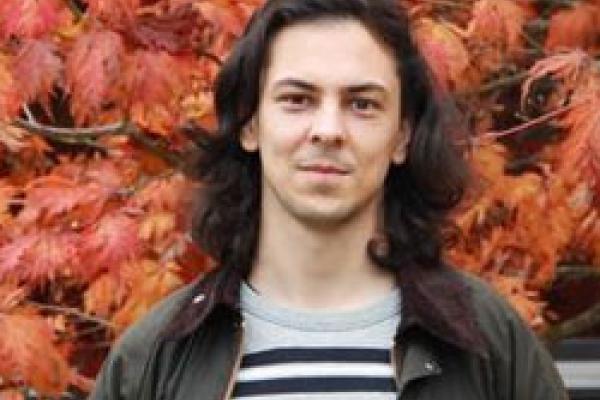
Title: Some recent interactions between sieves and L-functions
Speaker: Maksym Radziwill, Institute of Advanced Study
Seminar Type: Number Theory, Website
Abstract: I will discuss some recent work, where methods from sieve theory and L-functions interact. In the first direction, I will explain joint work with Kannan Soundararajan, where we find an "L-function analogue" of the Brun-Hooley sieve. Our method has several applications but I'll focus specifically on the problem of estimating small moments of L-functions. This particular problem has corollaries for the distribution of the Tate-Shafarevich group of primes twists of an elliptic curve or for the distribution of coefficients of half-integral weight modular forms.
Time permitting, I will also address the opposite direction, namely adapting technique from L-functions to problems of a more sieve theoretic character. In joint work with Kaisa Matomaki we use the idea of a mollifier, in a rather unusual context, to obtain sharp results on the number of sign changes of Fourier coefficients of Hecke eigencuspforms.
